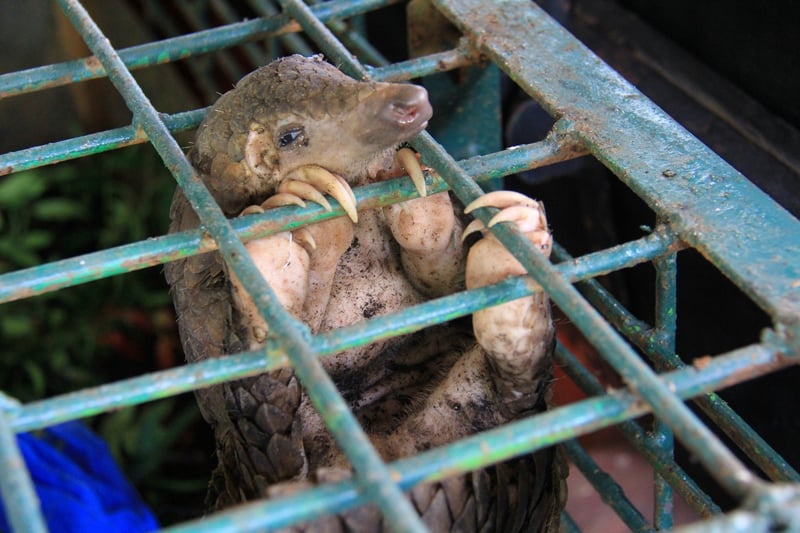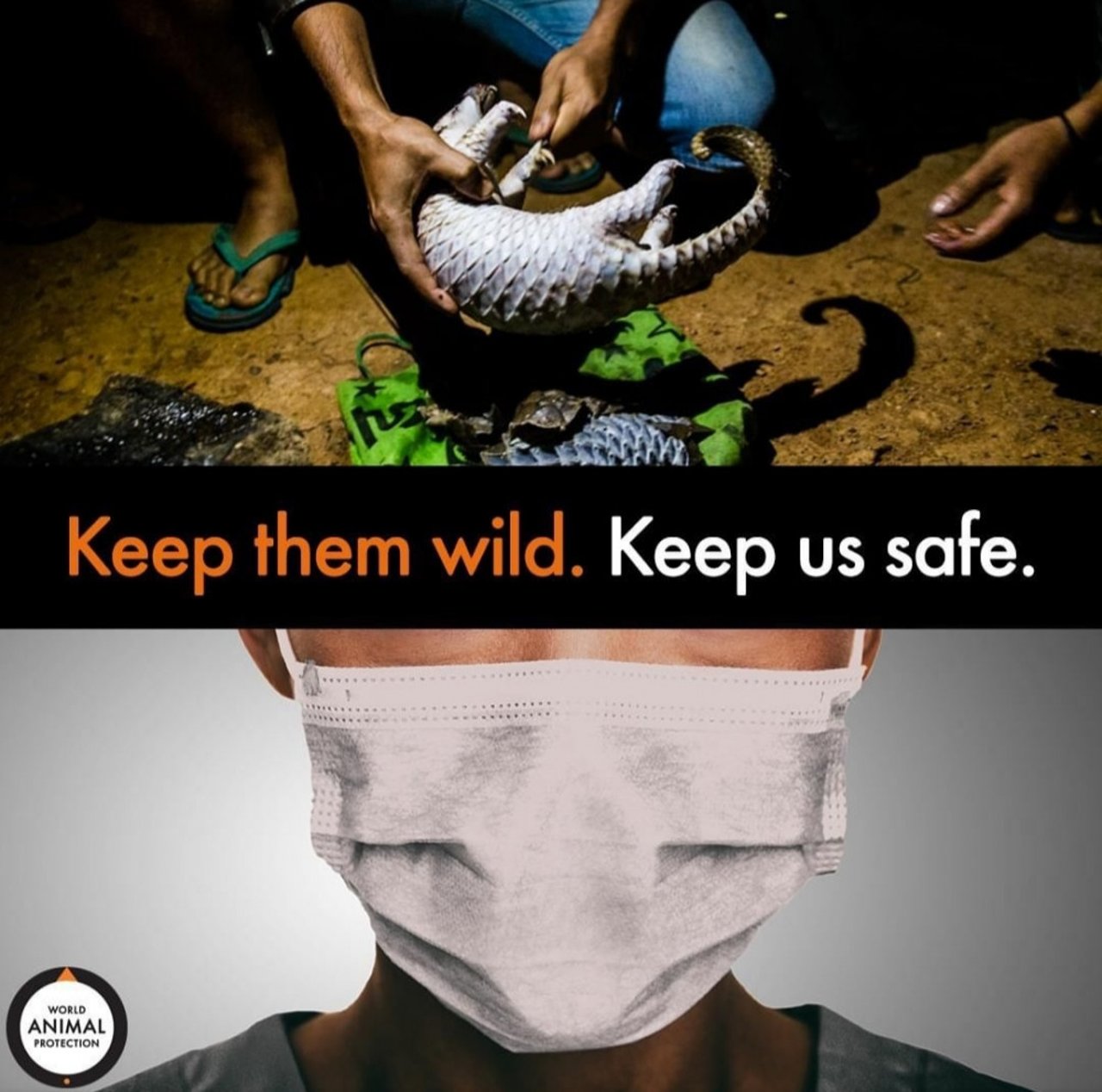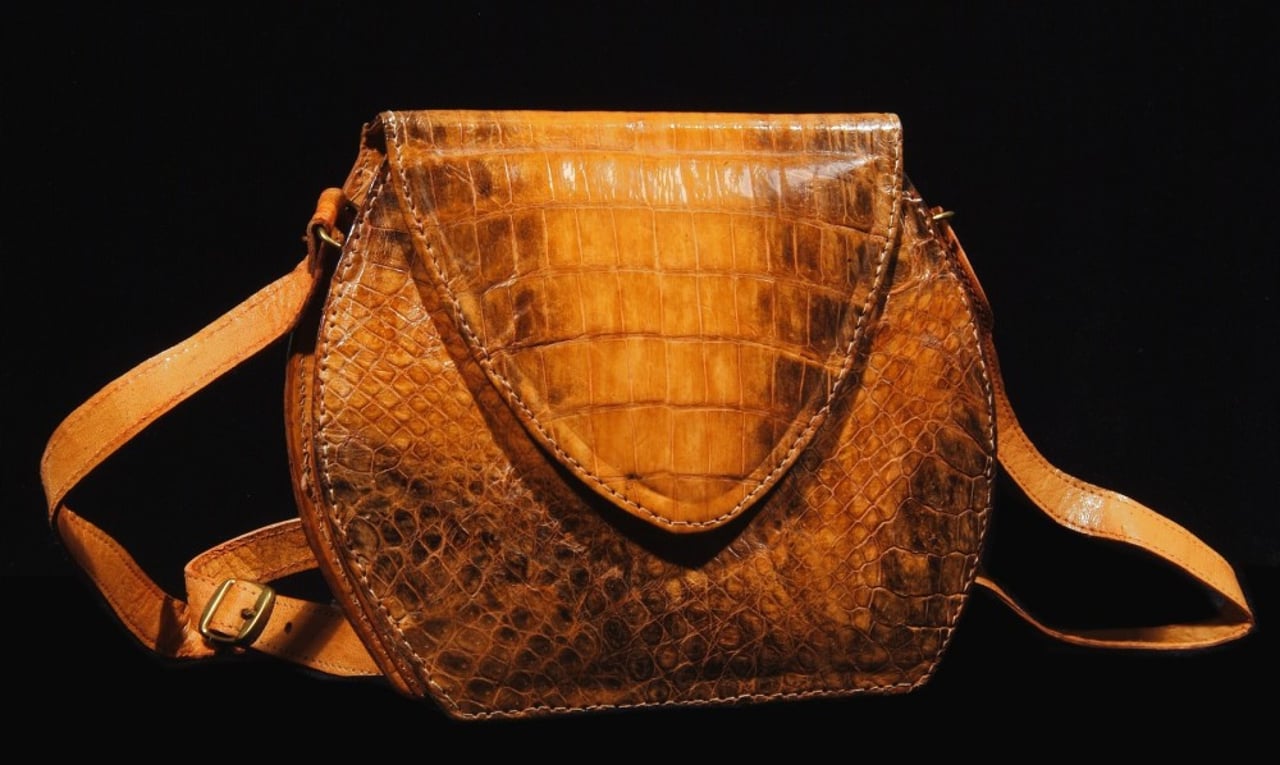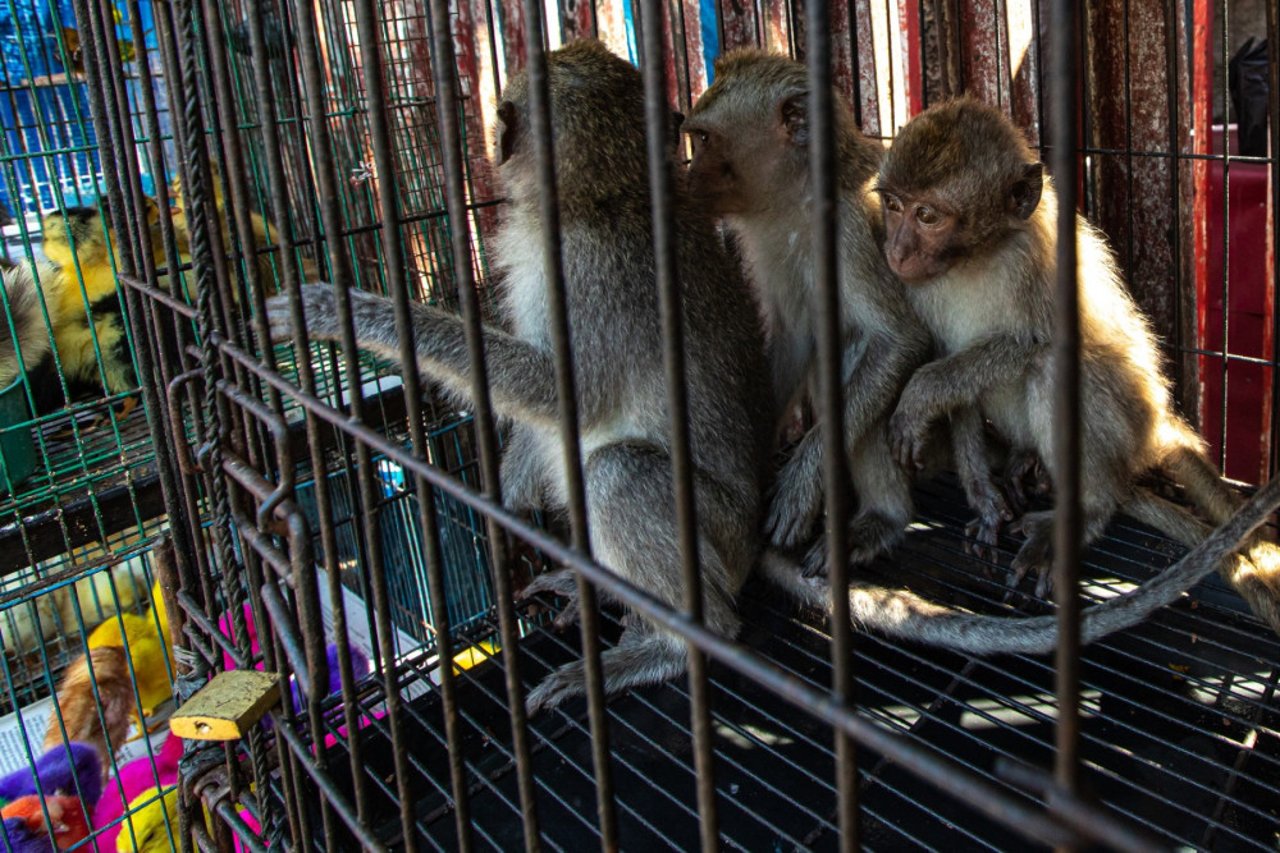
This is an excerpt from the letter written by World Animal Protection to World Health Organisation(WHO) asking for a permanent global ban on wildlife markets.
The COVID-19 Outbreak
The COVID-19 outbreak is believed to have originated at wildlife wet markets in China, especially one in Wuhan and was transmitted to humans as a result of close proximity between wildlife and people. World Animal Protection believes that the WHO needs to ask governments to ban the use of wildlife in traditional medicine, as well as to take a highly precautionary approach to the wildlife trade.
An excerpt from the letter written by World Animal Protection to World Health Organisation(WHO)
This is an excerpt from the letter written by World Animal Protection to World Health Organisation(WHO) asking for a permanent global ban on wildlife markets: “Research suggests that bats and pangolins may have been involved in the transmission chain of the virus to humans. But let us stress that it was the actions of people that created the environment in which this transmission was possible. This is not the first time that infectious diseases have been linked to wild animals in recent years. Between 2002 and 2003, Severe Acute Respiratory Syndrome (SARS), which is also believed to have emerged from wildlife markets in China, resulted in more than 8,000 human deaths. Failure to enforce permanent restrictions on all wildlife markets then allowed for a similar, but more severe, disease to emerge. Zoonotic diseases are believed to be responsible for over two billion cases of human illness and over two million human deaths each year. How many of these cases directly or indirectly originate from wildlife is hard to calculate, due to overlapping reservoirs in livestock and wild animal populations. However, considering the significance of wildlife as a reservoir of emerging infectious diseases, wildlife origins of zoonoses must be of primary concern. Sixty percent (60%) of emerging infectious diseases are zoonotic and 70% of these are thought to originate from wildlife. The risk of zoonotic disease transmission is heightened further by the unregulated and unhygienic conditions associated with wildlife markets, where close proximity between humans and animals provide the perfect opportunity for pathogens to spread.
The demand for wildlife and wildlife products
In conclusion, the demand for wildlife and wildlife products is a primary cause of the emergence and spread of zoonotic diseases and a severe risk to global health.
We call on the World Health Organisation
We call on the World Health Organisation to recognise that it has a significant role to play to mitigate such global health risks. We therefore strongly urge the World Health Organisation to:
● Recommend to governments worldwide that they institute a permanent ban on live wildlife markets, drawing an unequivocal link between these markets and their proven threats to human health.
● Recommend to governments that they address the potential risks to human health from the trade-in wildlife - including collection from the wild, ranching, farming, transport, and trade through physical or online markets for any purpose – and act to close down or limit such trade in order to mitigate those risks.
● Unequivocally exclude the use of wildlife, including from captive-bred specimens, in the WHO’s definition and endorsement of Traditional Medicine and revise WHO’s 2014-2023 Traditional Medicine Strategy accordingly to reflect this change.
● Assist governments and lead a coordinated response among the World Trade Organisation, World Organisation for Animal Health (OIE) and other multilateral organisations worldwide in awareness-raising activities to clearly inform of the risks of wildlife trade to public health, social cohesion, economic stability, law and order, and individual health.
● Support and encourage initiatives that deliver alternative sources of protein to subsistence consumers of wild animals, in order to further reduce the risk to human health.
Confinement is unpleasant
During the coronavirus pandemic, we have seen crises in captive wild animal situations like zoos running out of resources to feed their animals and captive elephants in India, including those at Haathi Gaon in Jaipur in Rajasthan, suffering as a consequence of the lockdown imposed in many areas. If there is one lesson that the coronavirus crisis has taught us, it is that confinement is unpleasant. Hopefully, all stakeholders will be able to reassess the feasibility of using wildlife in trade and in entertainment in the wake of the coronavirus crisis and ensure that these atrocities and cruelties are phased out. Wildlife belongs in the wild.
The global trade of wild animals is cruel, unsustainable, and puts our health and the world economy at risk. We demand Prime Minister of India support the call for G20 nations to commit to a global ban on the wild animal trade, forever. Sign the petition to support this cause.
References :
1) COVID-19: Health risks and wildlife markets – the need for a permanent global ban on wildlife markets and a highly precautionary approach to wildlife trade.
2) Media reports on zoos during coronavirus and elephants in captivity during coronavirus(Specific reports available if needed for further study).
Research suggests that bats and pangolins may have been involved in the transmission chain of the virus to humans. But let us stress that it was the actions of people that created the environment in which this transmission was possible.


